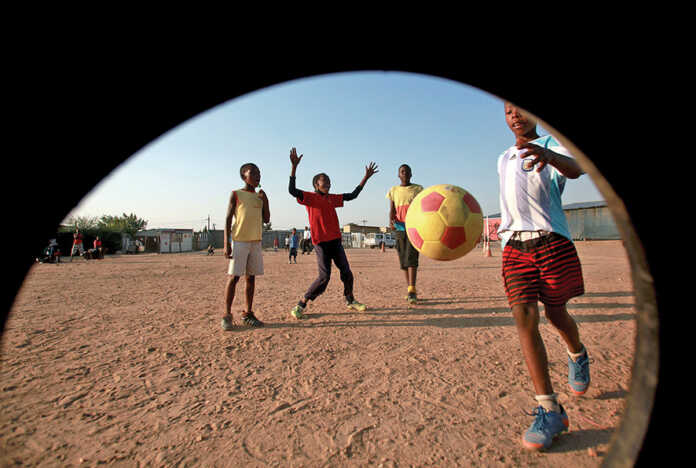It’s disheartening to witness women constantly having to justify their decisions to society, especially when those choices diverge from the so-called “norm.”
Recently, I stumbled upon a video featuring a 57-year-old woman explaining why she opted not to have children. The comments section revealed a flood of stories from women who had endured criticism for making the same choice.
Among these narratives were those of married women, who faced particularly harsh judgment because of the expectation that a wife should bear children. It’s a stark reminder of the societal pressures and double standards that still persist.
Even more disconcerting were the comments from individuals asserting that a woman’s worth is tied to her ability to procreate. What’s puzzling is that many of these commentators espouse a belief in equality and independence, yet their remarks suggest otherwise.
We’re in 2024 for goodness sake, and it’s high time we recognise that women have the autonomy to shape their lives without needing validation from others. While I personally value the beauty of family, I also acknowledge the sacrifices and challenges it entails.
Each woman should be free to decide what path is best for her, without facing scrutiny or judgment.
However, the pervasive influence of patriarchy continues to shape societal perceptions, perpetuating the harmful notion that women’s primary purpose is to bear children. This archaic belief system reduces women to mere vessels for reproduction, denying their autonomy, aspirations and diverse capabilities.
Such a narrow perspective disregards a myriad roles and contributions women make in society beyond motherhood, from leadership and innovation to creative expression and intellectual pursuits.
In this day and age, clinging to such an outdated ideology is not only regressive but also deeply concerning. It undermines the progress towards gender equality.
What damage would it cause if we recognised the intrinsic value of women beyond their reproductive capabilities? For my children, if God blesses me, I dream of a more inclusive, equitable and just society. But that’s just a dream, right?
The world today is plagued by a variety of crises, from environmental degradation and climate change to social inequality and political instability. All these challenges paint a grim picture of of what the future might hold, raising concerns about the world we would be bringing children into.
With ecosystems collapsing, resources depleting, and conflicts escalating, the prospects for future generations appear increasingly uncertain.
Many ponder about the wisdom of bringing children into a world fraught with such uncertainty. The daunting task of securing a stable and sustainable future for the next generation begs the question: is it morally responsible to bring children into a world so profoundly sick and troubled?



